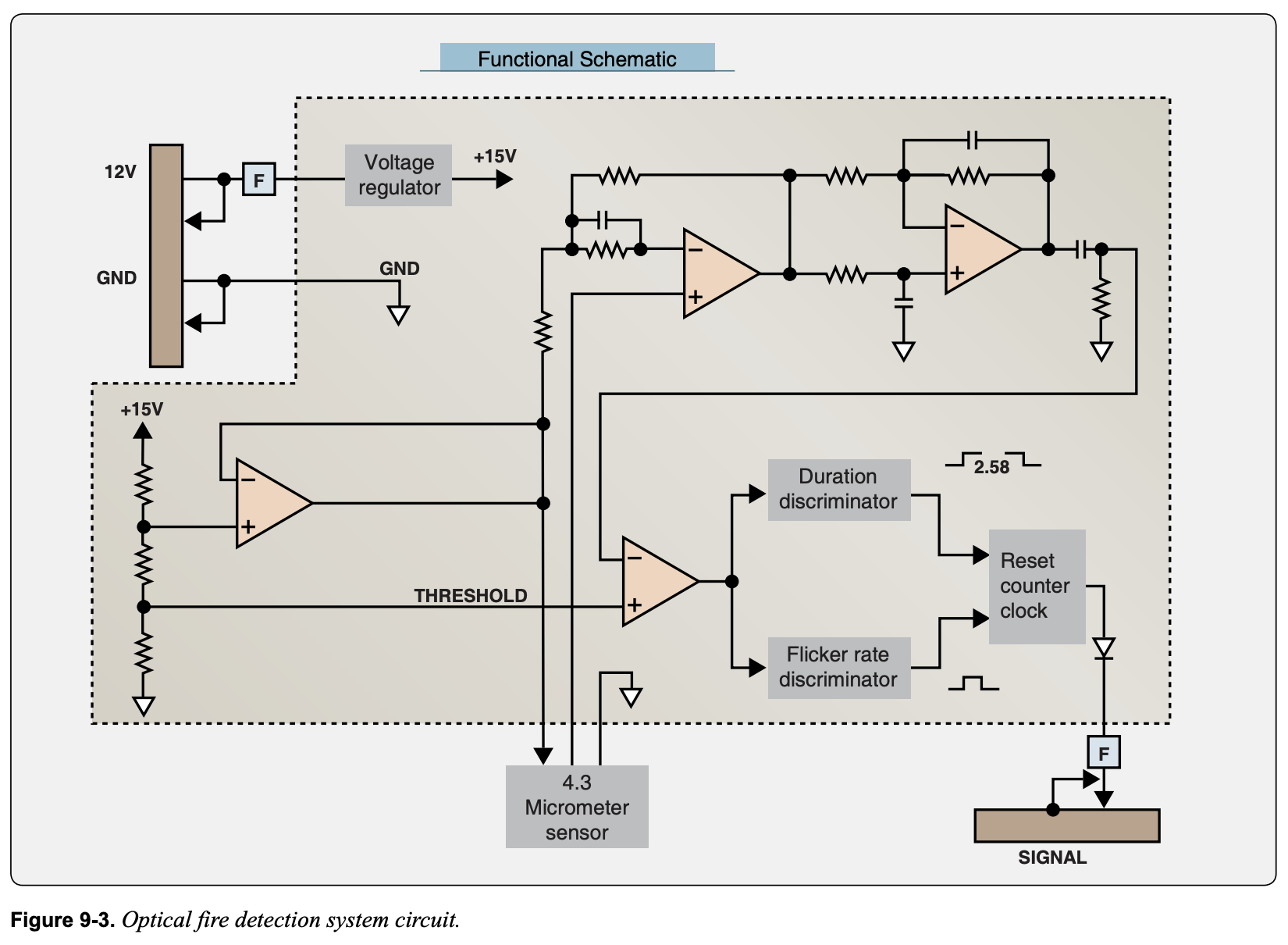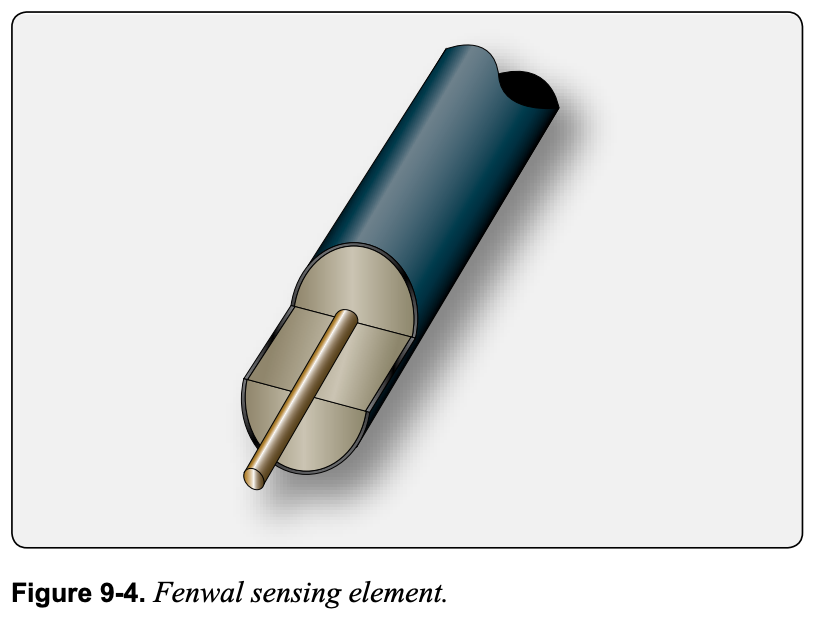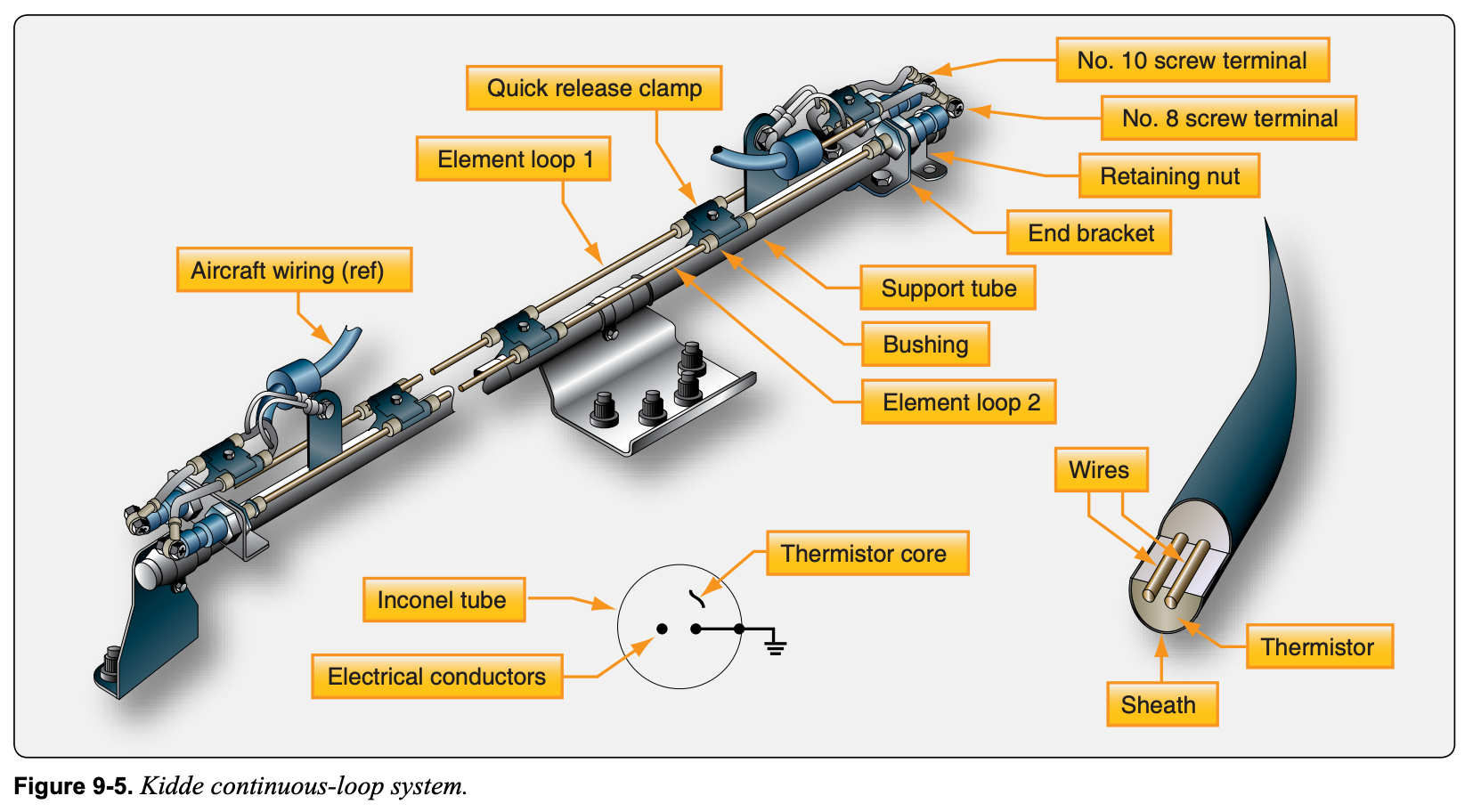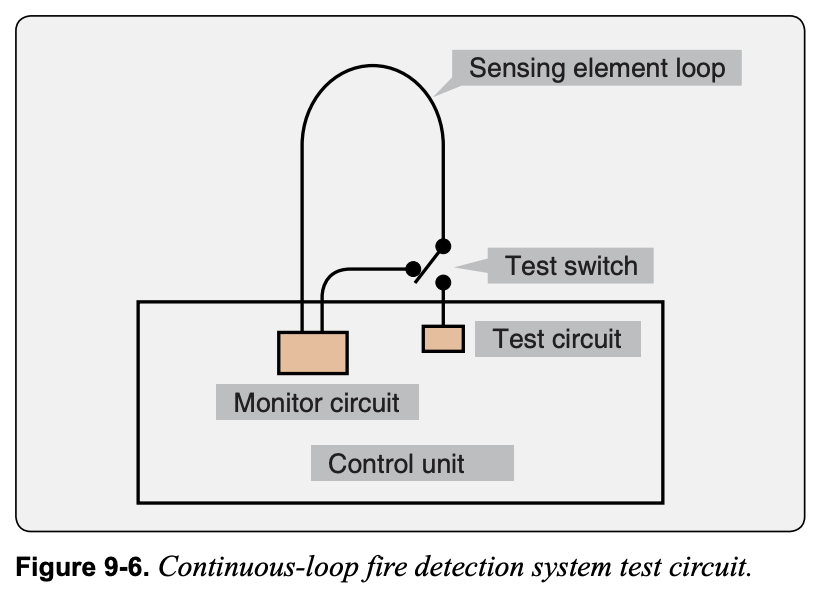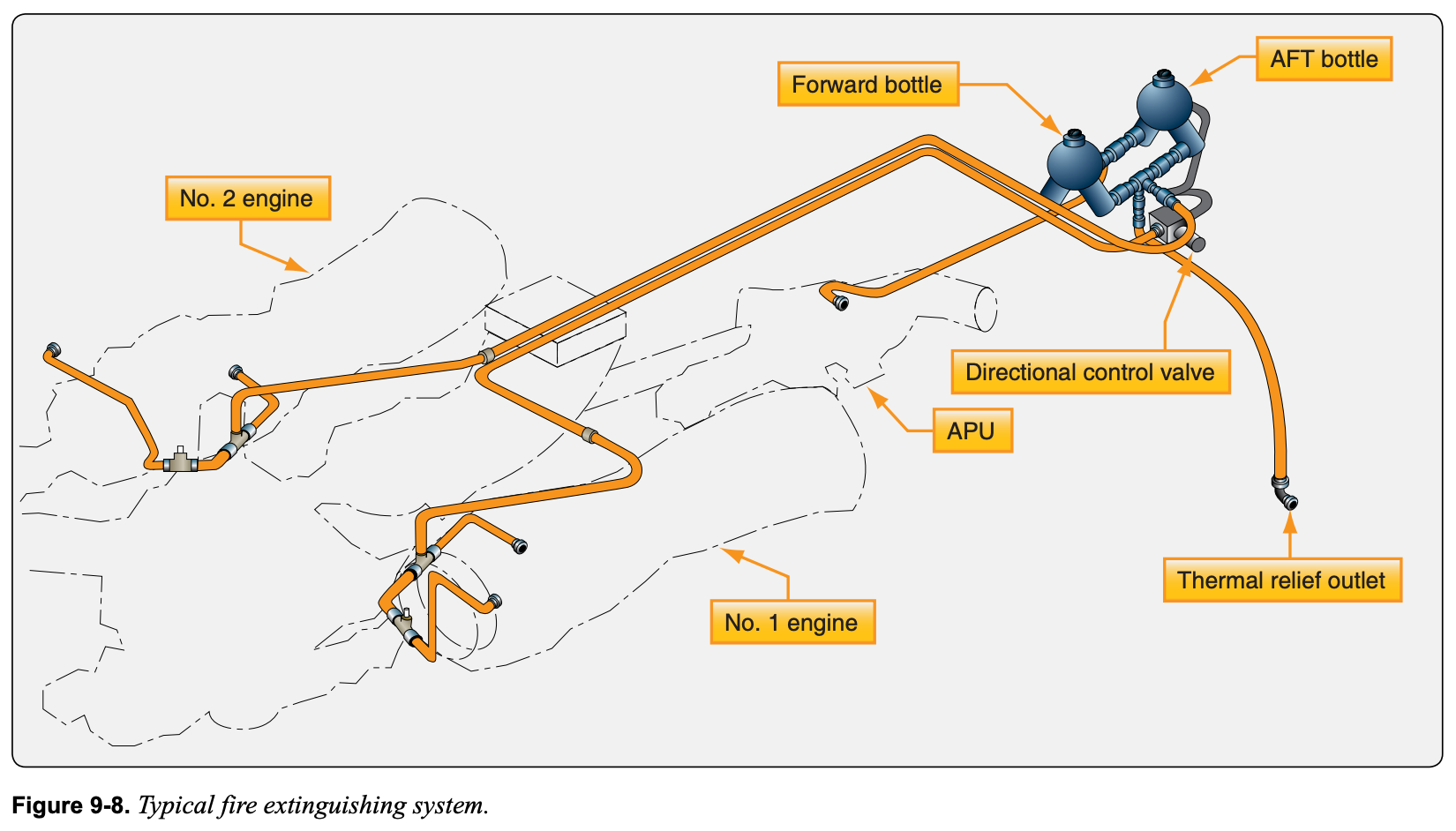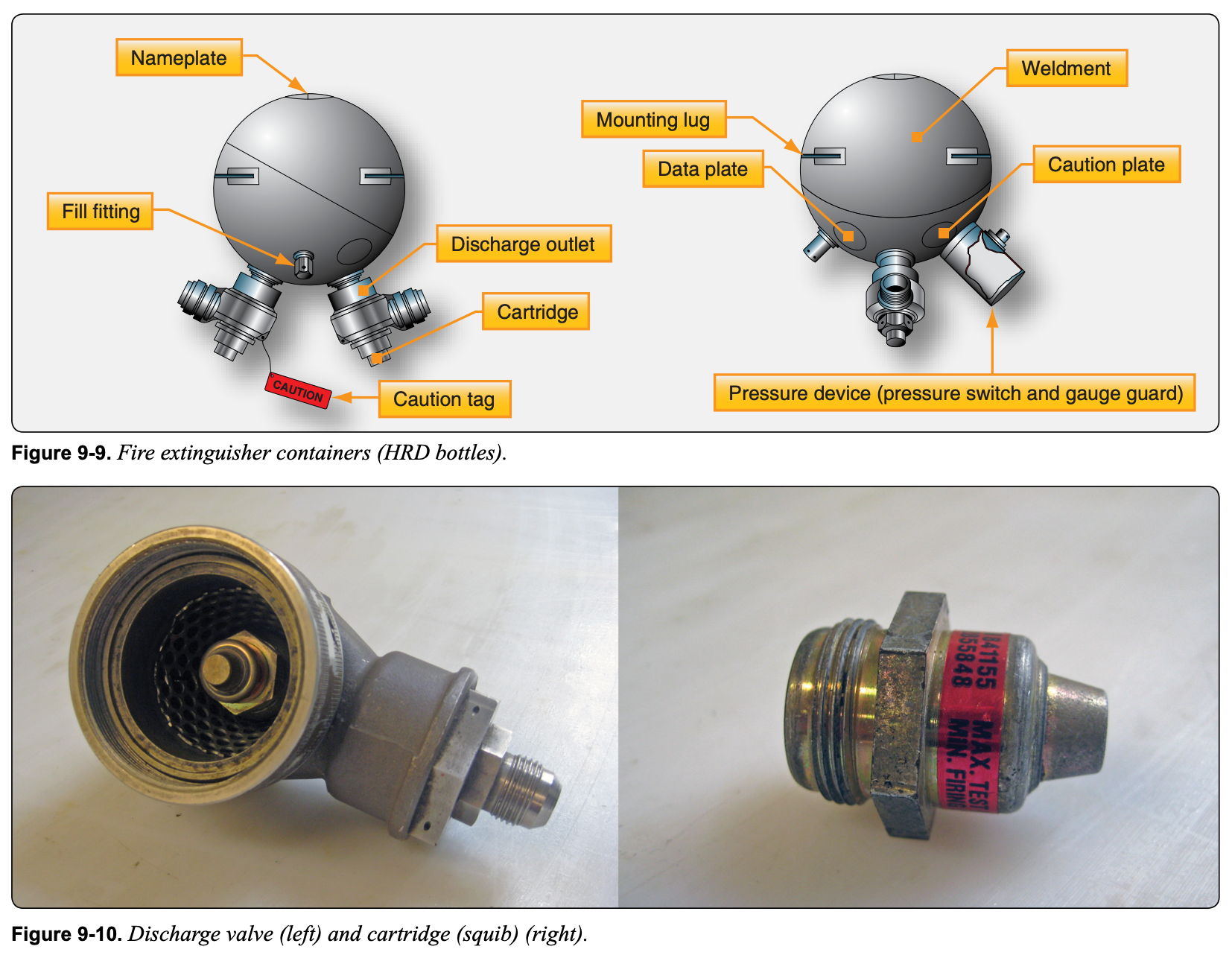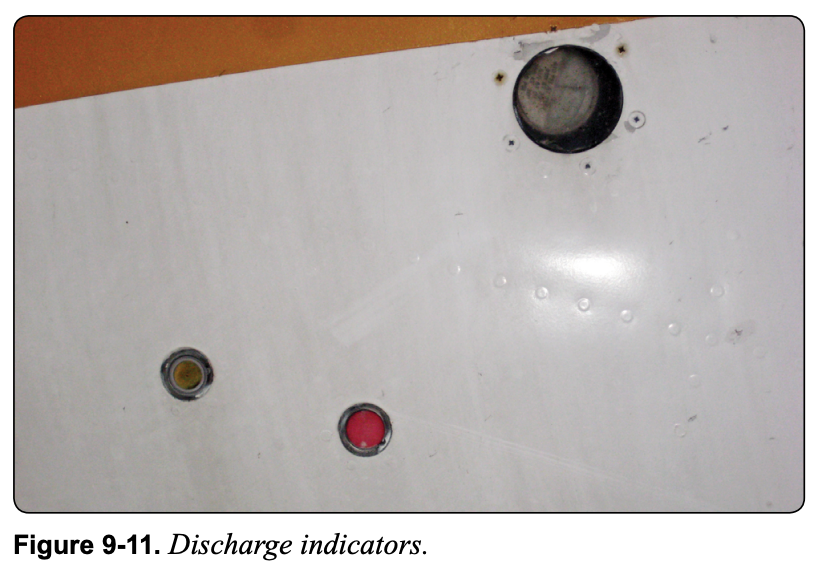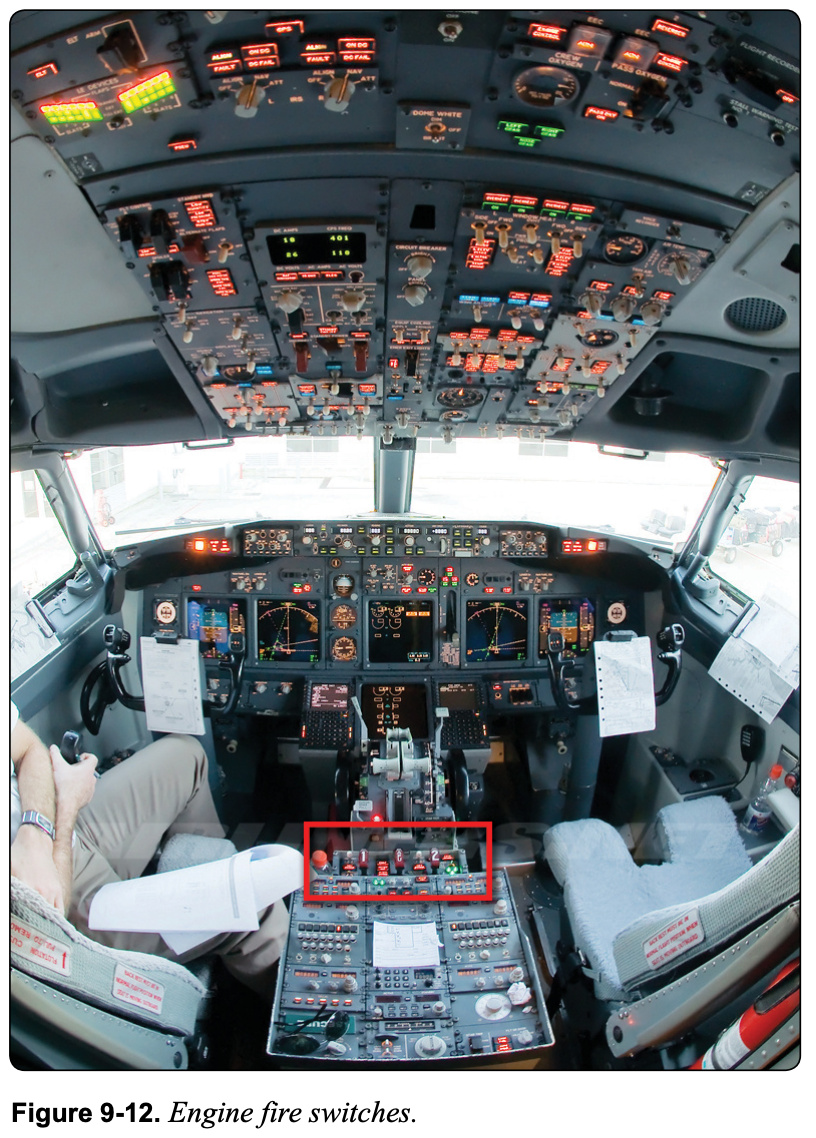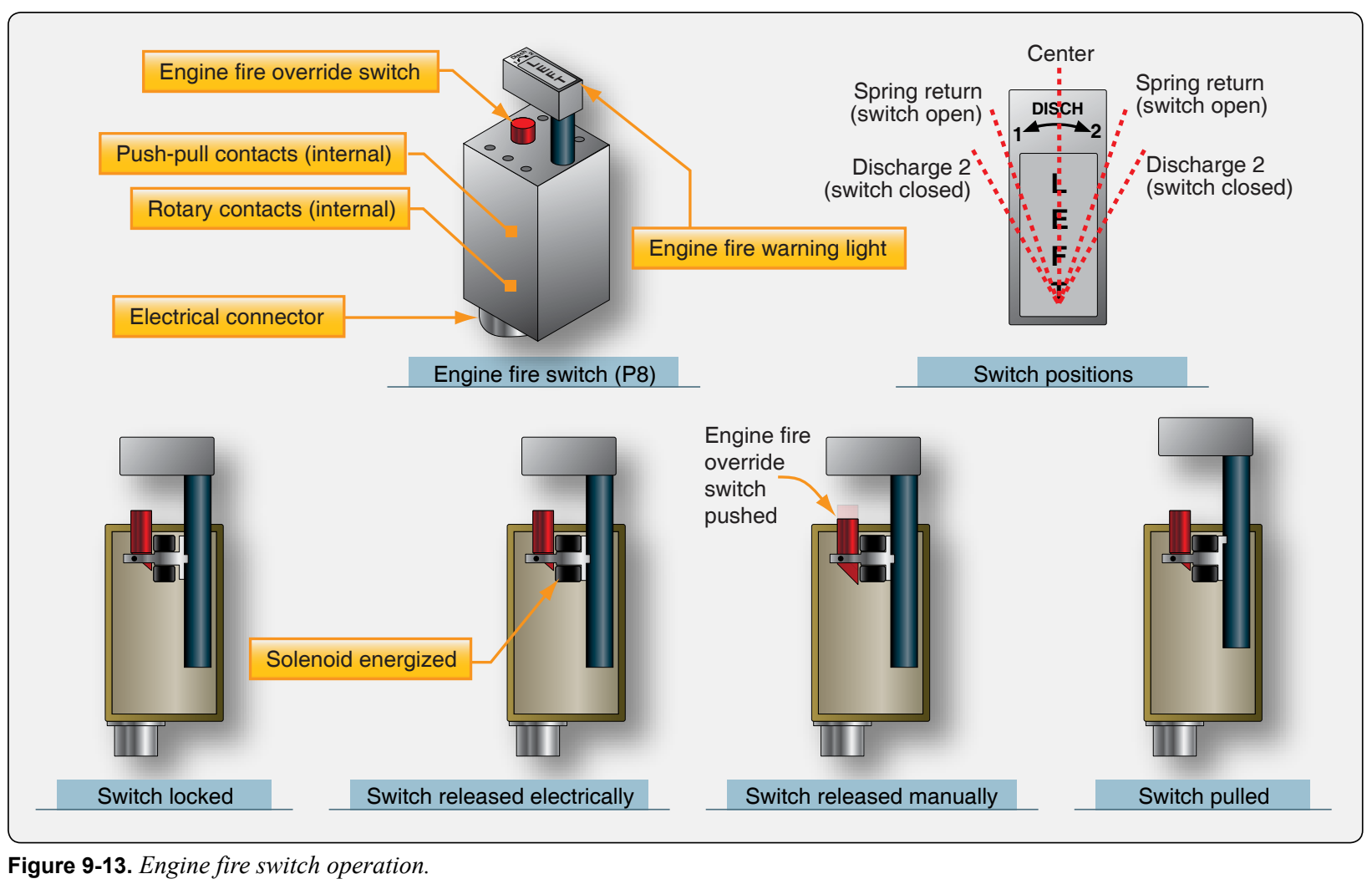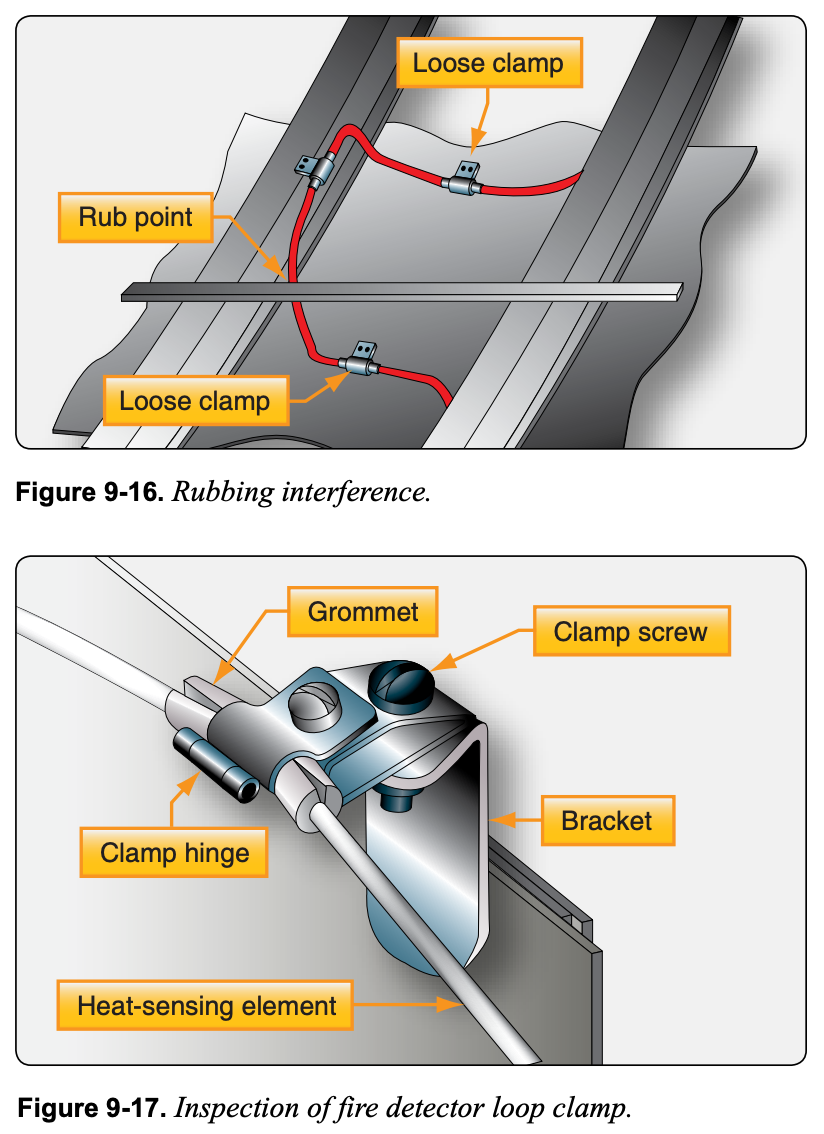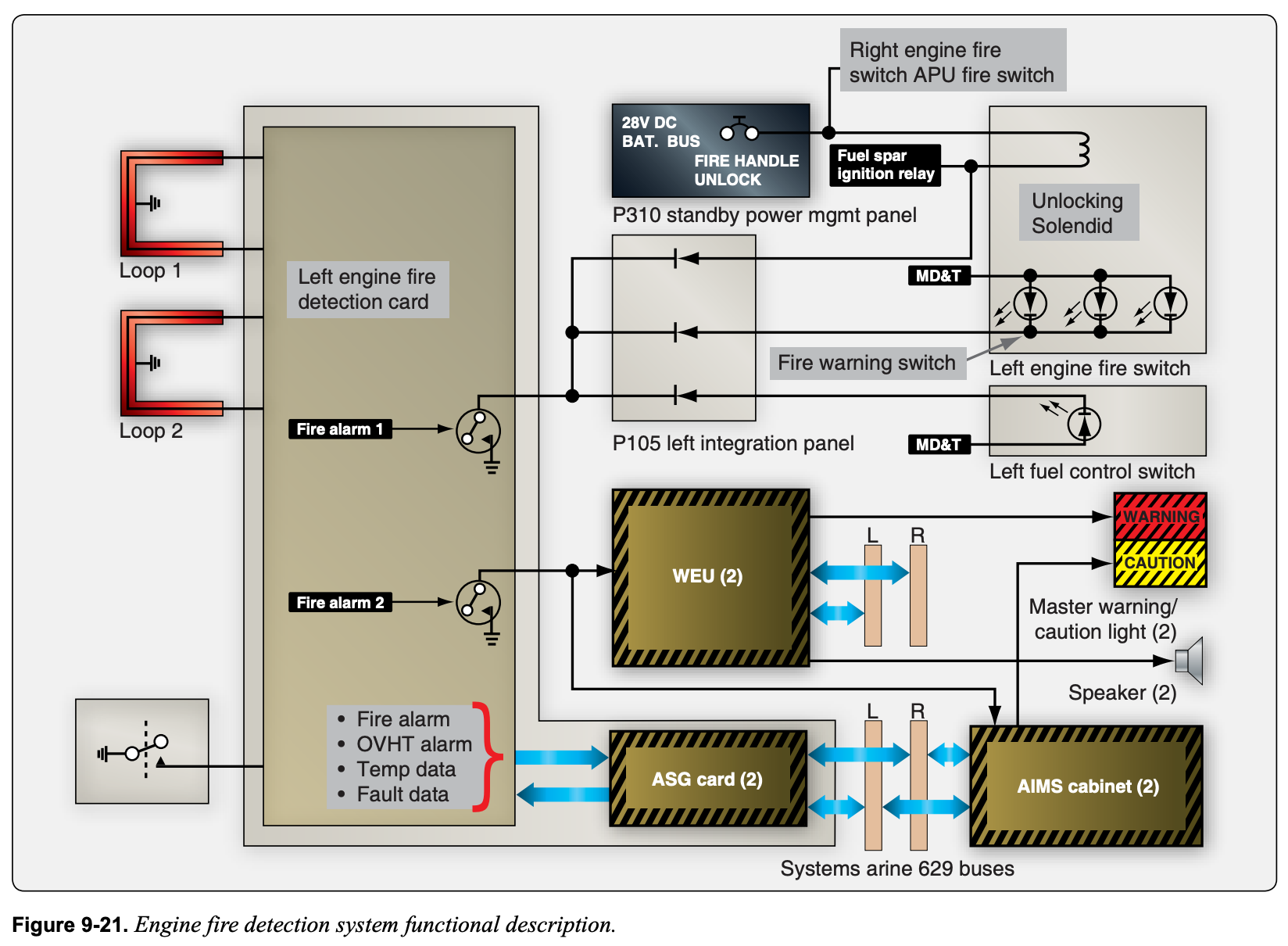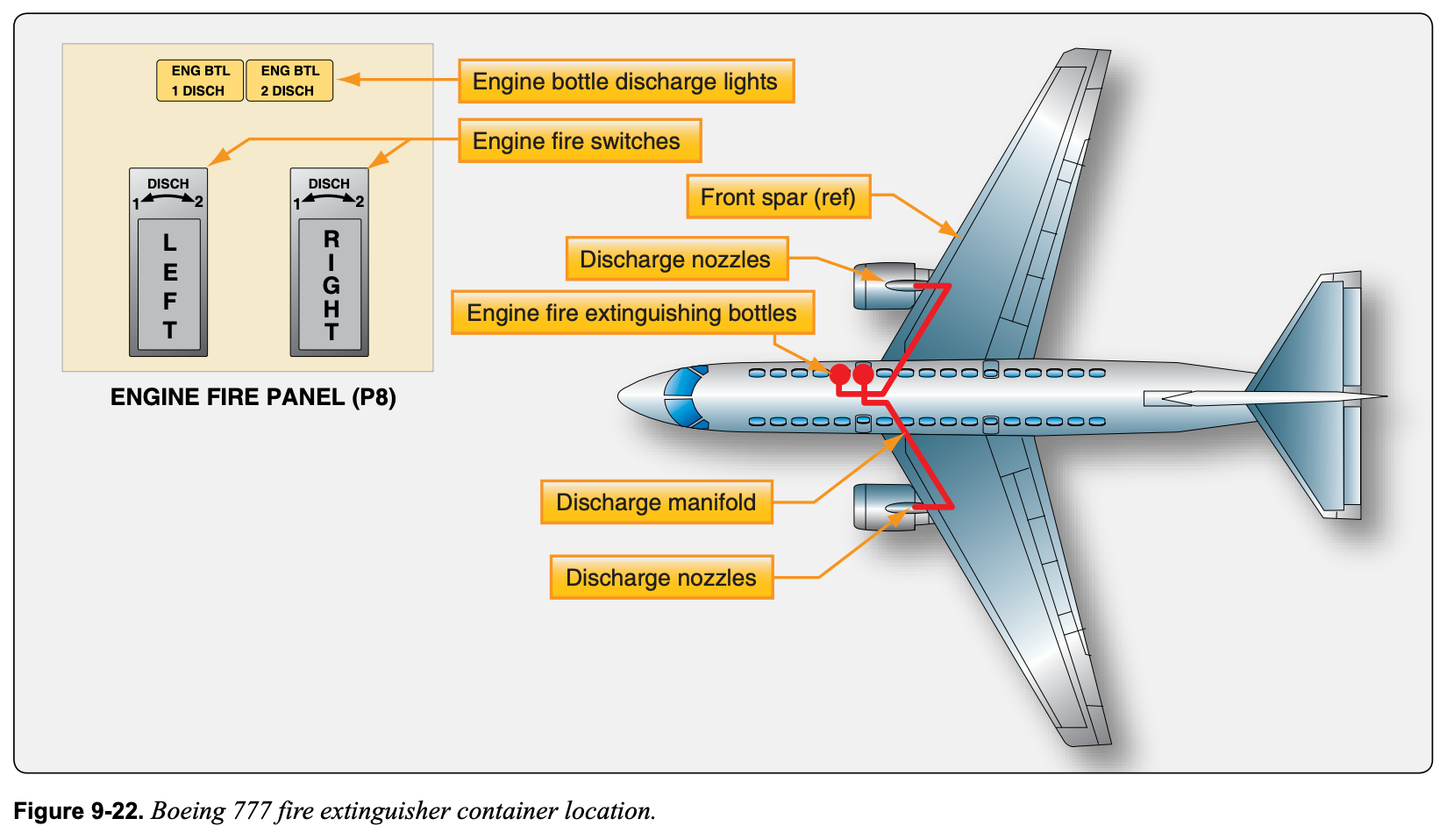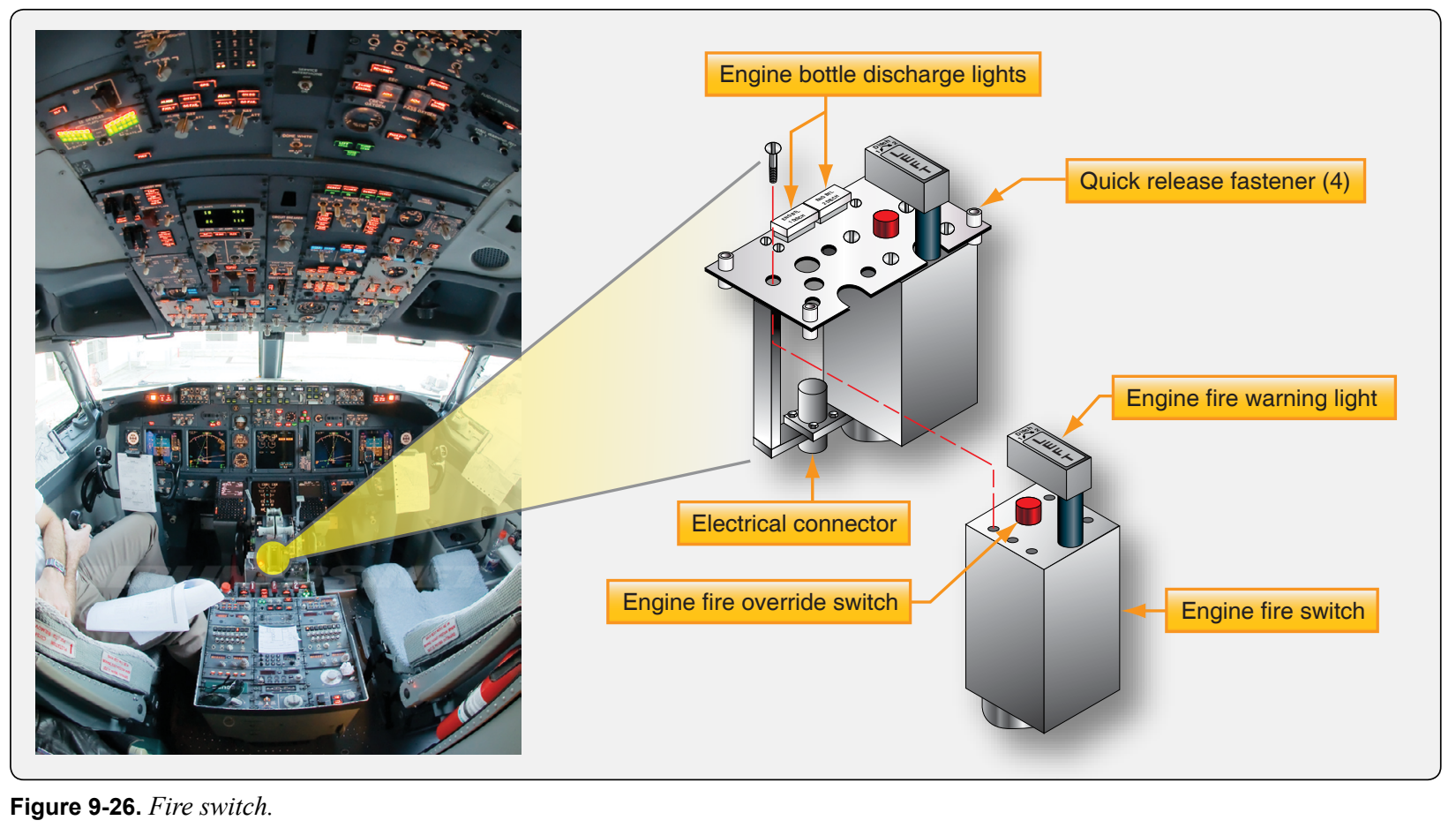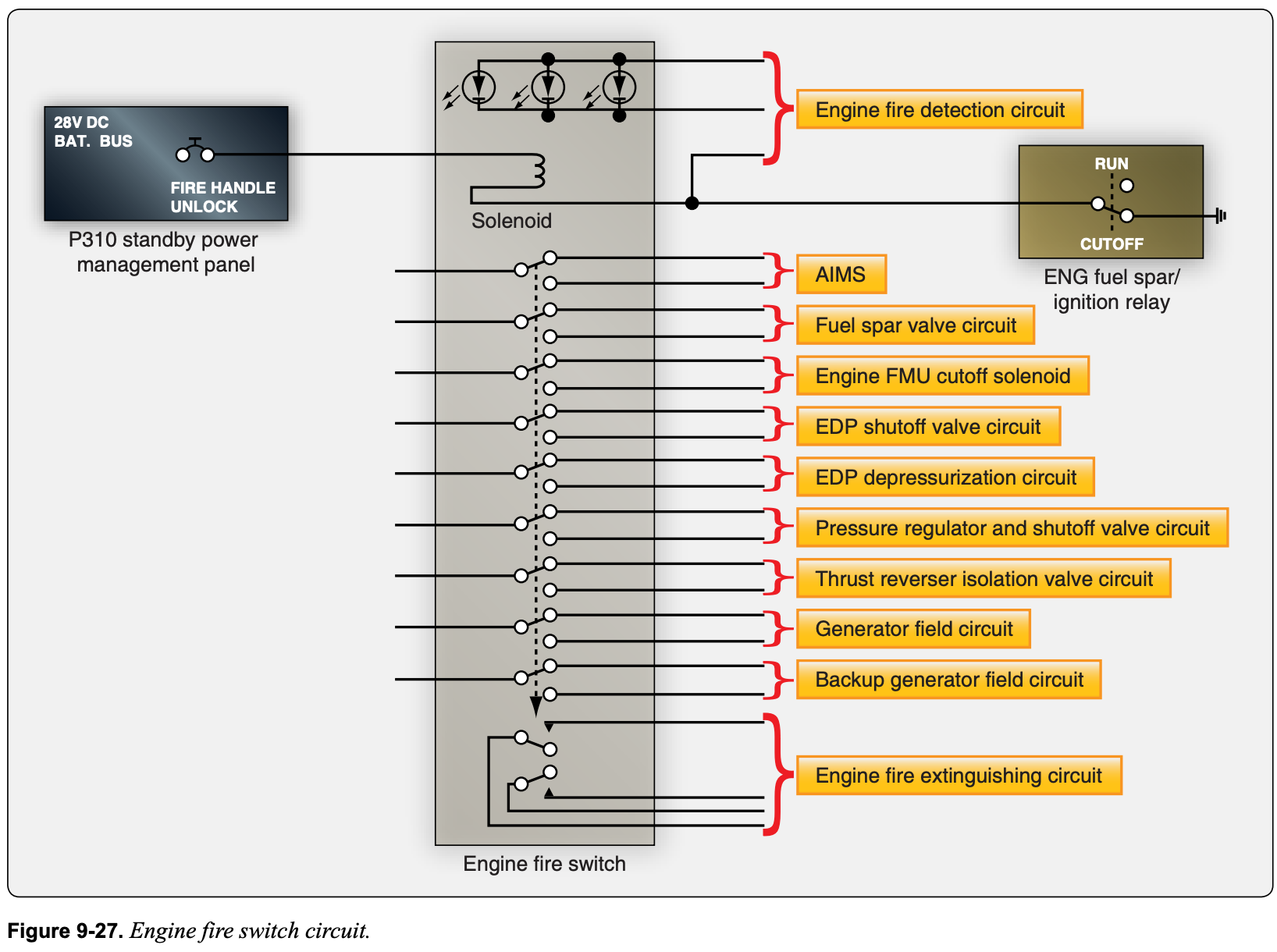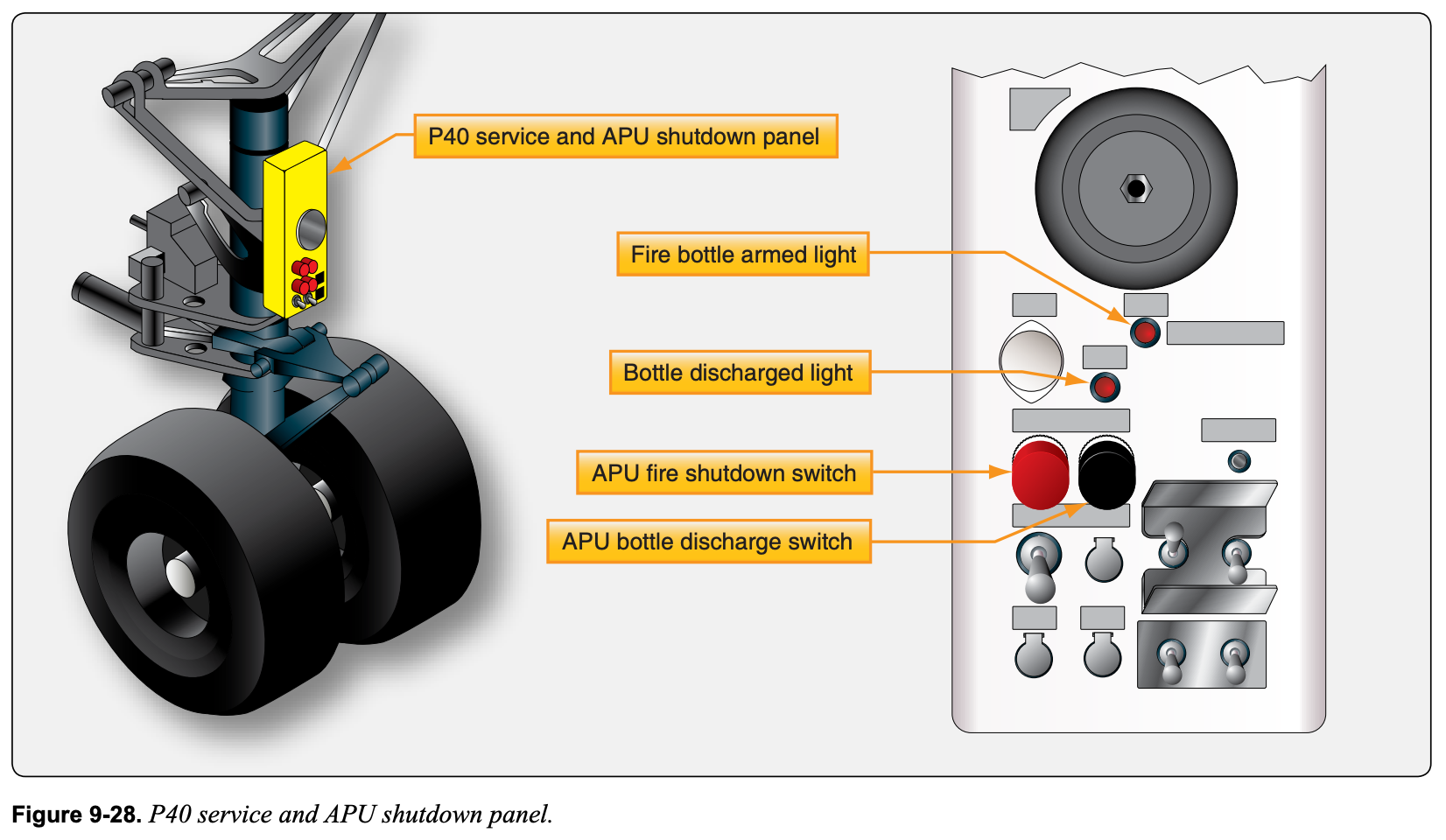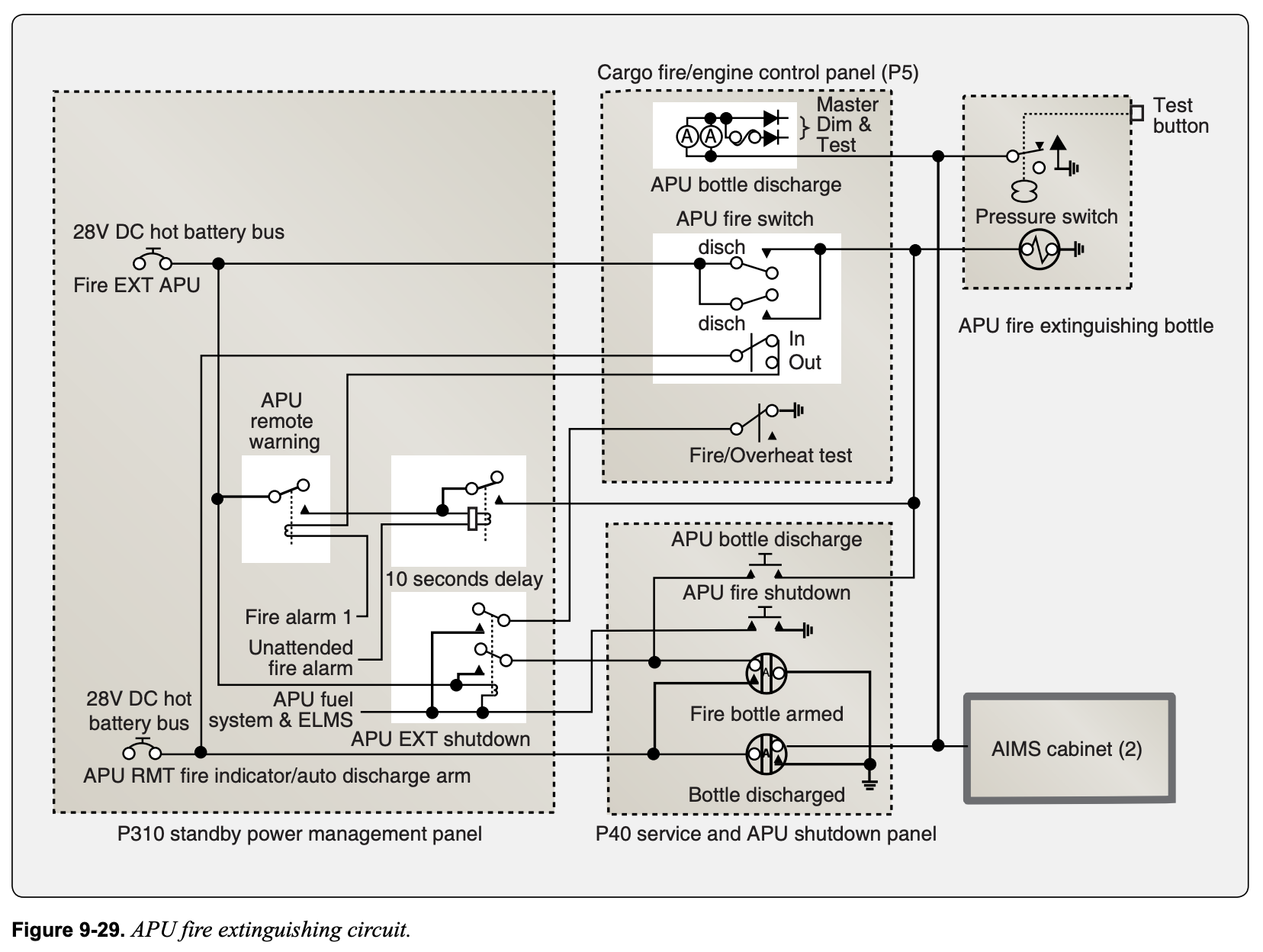Aircraft Fire Detection System
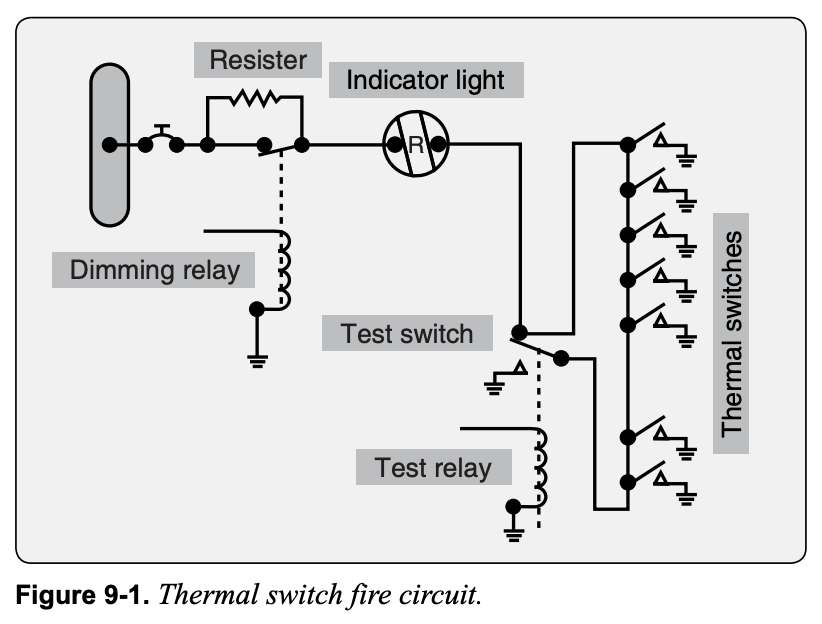
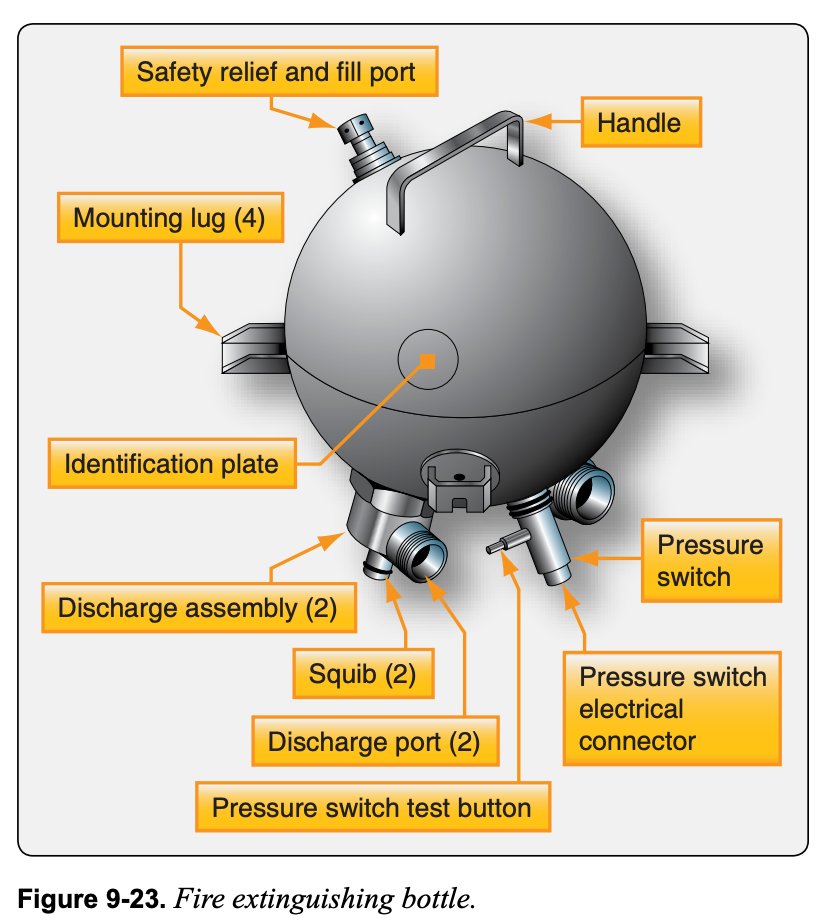
Introduction
Aircraft fire detection systems are critical safety features installed in multiengine aircraft. These systems, mandated by FAA regulations, are designed to detect and extinguish fires in designated fire zones, such as engine compartments and auxiliary power unit (APU) areas. The systems operate automatically or with crew intervention to mitigate fire hazards during flight and on the ground.
Fire Detection Systems
Aircraft use a variety of fire detection technologies including:
- Thermal Switch Systems
- Thermocouple Systems
- Optical Flame Detectors (IR & UV)
- Pneumatic Thermal Detectors
- Continuous-Loop Detection Systems (Kidde & Fenwal)
- Dual-Loop Logic for redundancy and reliability
Fire Zones and Engine Protection
Designated fire zones include the engine power and accessory sections, APU, combustion areas, and others per FAA guidelines. Each area includes fire detection and extinguishing mechanisms to manage thermodynamic and mechanical hazards such as turbine blade failure or flammable fluid leaks.
Fire Extinguishing Systems
Most systems use Halon 1301 or carbon dioxide as extinguishing agents. Components include:
- Fire bottles (HRD containers)
- Discharge valves and squibs
- Pressure switches and visual indicators (red/yellow discs)
- Two-way check valves
- Engine and APU fire switches
Maintenance and Troubleshooting
Routine inspections ensure loop continuity, detect abrasion, corrosion, or dents, and verify pressure/temp limits. Fire extinguishing cartridges have service lifespans. Troubleshooting includes checking for intermittent alarms, false positives, and moisture-induced warnings.
Boeing 777 Example
The Boeing 777 uses a dual-loop fire detection and extinguishing system with:
- Independent loops and squibs per engine
- Automatic and manual discharge mechanisms
- APU-specific fire detection and auto-discharge logic
- Master warning/caution lights and fire panel controls
Gallery
-
Image: FAA
-
Image: FAA
-
Image: FAA
-
Image: FAA
-
Image: FAA
-
Image: FAA
-
Image: FAA
-
Image: FAA
-
Image: FAA
-
Image: FAA
-
Image: FAA
-
Image: FAA
-
Image: FAA
-
Image: FAA
-
Image: FAA
-
Image: FAA
-
Image: FAA
-
Image: FAA
-
Image: FAA
-
Image: FAA
-
Image: FAA
-
Image: FAA
-
Image: FAA
-
Image: FAA
References
- Aviation Safety X
- ASXWiki
- Aircraft Fire Detection System
- Aircraft safety systems
- Aircraft emergency systems
- Aviation safety
- Fire detection and suppression
- Aircraft systems
- Aircraft maintenance
- Aviation accident prevention
- Flight safety
- Aircraft sensors
- Aircraft fire protection
- Aircraft equipment
- Aviation incidents and accidents
- Aircraft powerplants
- Electrical fires
- Firefighting equipment
- Pages with math render errors

